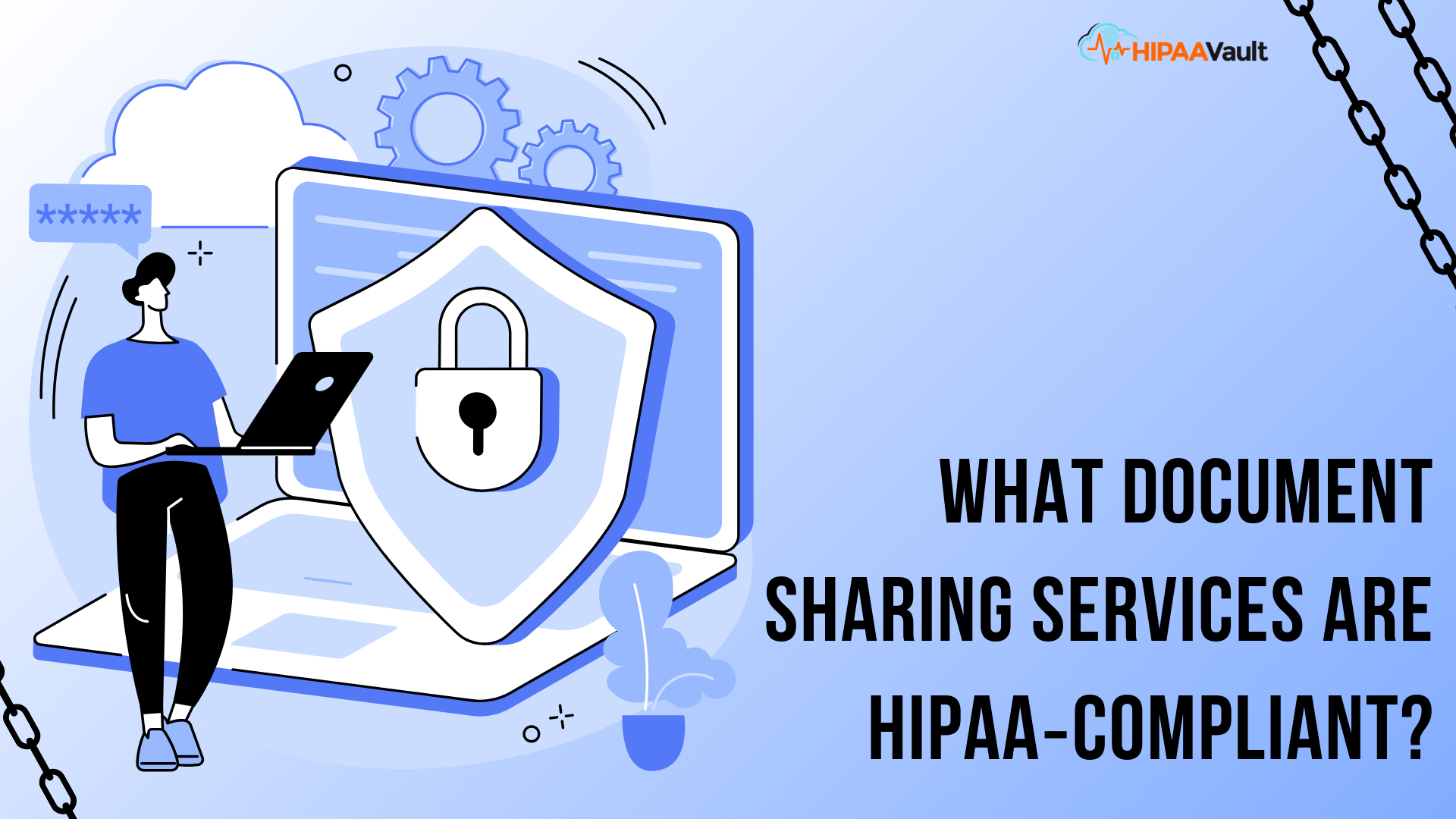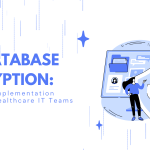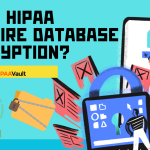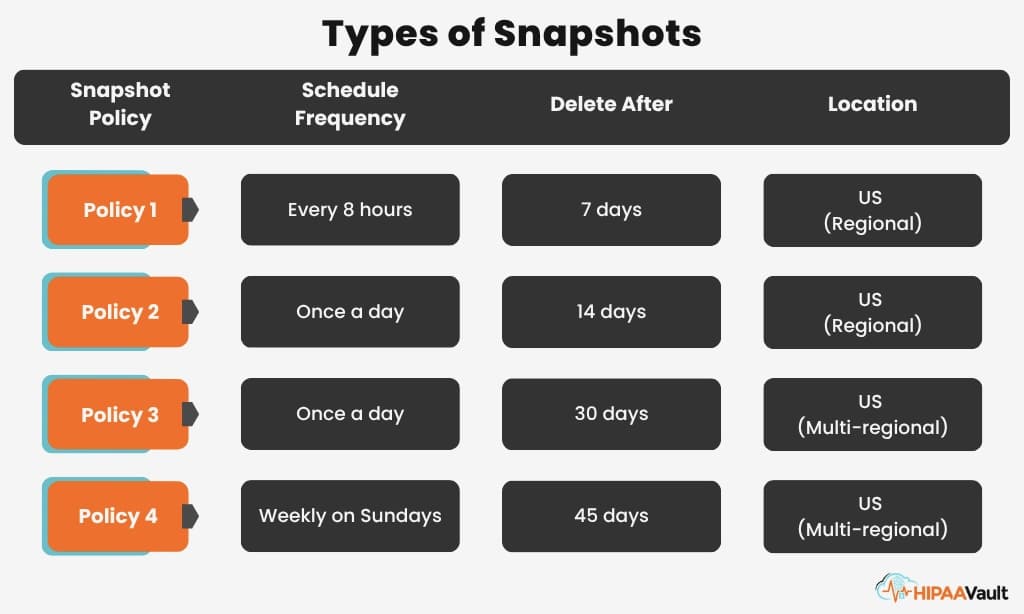Healthcare organizations increasingly rely on cloud‑based document sharing to streamline workflows—whether exchanging lab results, insurance forms, or care plans. Yet when protected health information (PHI) leaves your on‑premises network, HIPAA’s Privacy and Security Rules demand rigorous safeguards. Not all popular file‑sharing tools are ready for PHI; using the wrong platform without the proper configuration can expose patient data and trigger regulatory penalties.
Below, we examine the criteria for HIPAA‑compliant document sharing and how leading platforms stack up—while also highlighting how a purpose-built solution like HIPAA Vault’s secure file sharing service ensures compliance from day one.
Why Typical File‑Sharing Tools Fall Short Without HIPAA Safeguards
Out‑of‑the‑box services like consumer Dropbox or free Google Drive do not meet HIPAA’s requirements. The Security Rule mandates administrative, physical, and technical safeguards, including encryption, access controls, audit logging, and signed Business Associate Agreements (BAAs) for any vendor handling PHI (HHS Guidance). Without a BAA and proper technical controls, these services can inadvertently expose PHI through weak authentication, unencrypted storage, or incomplete logging.
Key Compliance Criteria
When evaluating or configuring a document‑sharing service, ensure it provides:
- Business Associate Agreement (BAA): A signed BAA legally obligates the vendor to comply with HIPAA protections.
- Encryption at Rest & In Transit: AES‑256 (or equivalent) for stored files and TLS 1.2+ for data transfer.
- Access Controls: Role‑based permissions, unique user IDs, and multi‑factor authentication (MFA).
- Audit Logging: Detailed logs of file access, sharing events, and admin changes—retained for at least six years.
HIPAA Vault ensures all of the above by default with our managed file sharing solution, eliminating the guesswork and risk that often come with general-purpose platforms.
Evaluating Common Platforms (With Caution)
Google Workspace (G Suite) — When Configured with HIPAA Vault
Google Workspace can be configured for HIPAA compliance under a BAA covering Gmail, Drive, Meet, and other core services. Google enforces TLS in transit and AES‑256 at rest. However, proper configuration is critical. HIPAA Vault’s fully managed Google Workspace for Healthcare ensures everything from BAA activation to MFA and audit logging is handled with precision. (Google Workspace & HIPAA)
Microsoft OneDrive for Business — Better with Outlook via HIPAA Vault
OneDrive for Business, part of Microsoft 365, is HIPAA‑eligible under Microsoft’s enterprise BAA. It offers encryption at rest, TLS in transit, and advanced permission settings. Integrating with Outlook for secure communications is common—but doing it right requires expert configuration. HIPAA Vault’s Microsoft 365 service takes care of that, making secure file exchange seamless. (Microsoft Compliance)
Dropbox Business
Dropbox Business signs BAAs for its Advanced and Enterprise plans. All files are encrypted at rest (AES‑256) and in transit (TLS). Admins gain granular sharing controls, account activity logs, and domain‑restricted sharing. However, it requires careful internal policy enforcement and may be best suited for non-core PHI workflows. (Dropbox Security & Compliance)
Box for Healthcare
Box’s Healthcare offering includes a HIPAA‑compliant environment with a BAA, AES‑256 at rest, and TLS encryption in transit. Admins can enforce role‑based permissions, data residency controls, and audit reports. While flexible, Box is often more enterprise‑oriented and complex to manage without expert oversight. (Box and HIPAA)
Citrix ShareFile
Citrix ShareFile provides a HIPAA‑compliant service (with signed BAA), AES‑256 encryption, customizable access controls, and audit trails. It supports enterprise key management, but the cost and complexity may outweigh the benefits for smaller organizations. (Citrix ShareFile HIPAA)
The HIPAA Vault Advantage: Managed, Secure File Sharing Built for Healthcare
Unlike general-purpose platforms that require custom configuration and internal security expertise, HIPAA Vault provides a managed file sharing environment that’s purpose-built for HIPAA compliance. With automatic encryption, per-user access controls, full audit trails, and a signed BAA included, it’s an ideal solution for healthcare providers and business associates seeking simplicity and assurance.
HIPAA Vault’s SFTP service also supports automated PHI transfers with SSH key authentication and secure server isolation—perfect for lab systems, EHR exports, or bulk file ingestion. (HIPAA Vault SFTP)
Audit-Ready sFTP in 24 Hours—No AWS Billing Spikes
Flat-rate, dedicated secure file transfer. Eliminate per-user fees and complex DevOps. Includes BAA and full audit logs.
Learn MoreConclusion: Compliance Is More Than a Checkbox
HIPAA compliance in document sharing hinges on three pillars: a signed BAA, strong encryption, and rigorous access and audit controls. While mainstream platforms can be configured to meet requirements, the safest route for most organizations—especially those with limited IT staff—is to rely on a trusted partner like HIPAA Vault.
Let us handle the complexity so you can focus on care:
Get Your HIPAA‑Compliant File‑Sharing Setup








